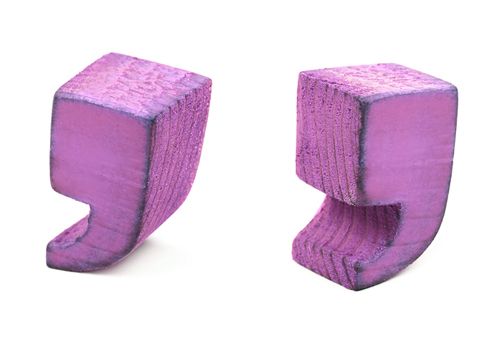Reading time: Less than 1 minute
This is my weekly installment of “writing about writing,” in which I scan the world to find websites, books and articles to help other writers. Today I discuss a Grammarly blog post about the Oxford comma…
Where do you stand on the Oxford comma?
If you’re a writer or copy editor, you surely know that the Oxford comma — also known as the serial comma — is one that appears before the word “and” in a list: We sell books, videos, and magazines. If you’re editing (or for that matter, writing) for someone else, you need to learn if they use the Oxford comma.
The app, Grammarly, appears to favour the Oxford comma as you can see in a recent blog post. So, apparently, did the late Alan Richman, who said, “When I’m 80 years old and sitting in my rocking chair, I’ll be editing for the Oxford comma. And my family will say to me, ‘after all this time?’ And I will say, ‘Always’.”
I don’t like following mindless rules so I follow the practice of my very wise copy editor: I don’t use it unless it makes the sentence clearer. So, for the sentence based on a Facebook meme: “We invited the strippers, JFK and Stalin” I would not use it because everyone knows that JFK and Stalin are dead. (And if they were alive, readers would know they weren’t strippers.)
But common sense does not seem to prevail in punctuation. To see what I mean, have a look at the comments section of the Grammarly post. How can people get so worked up?
Also note that the PR department at Oxford University no longer uses it (although Oxford University Press, still does.)

